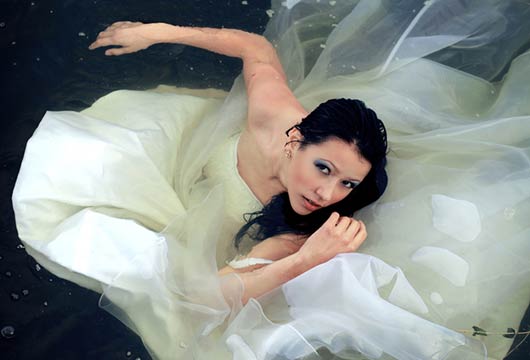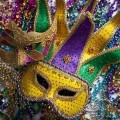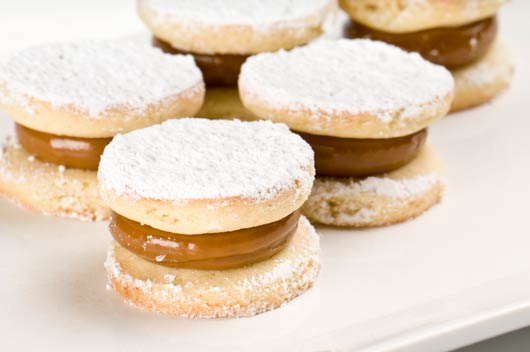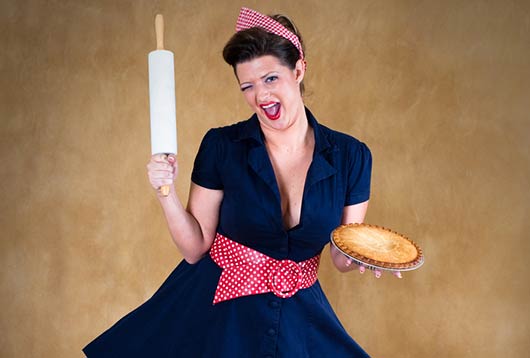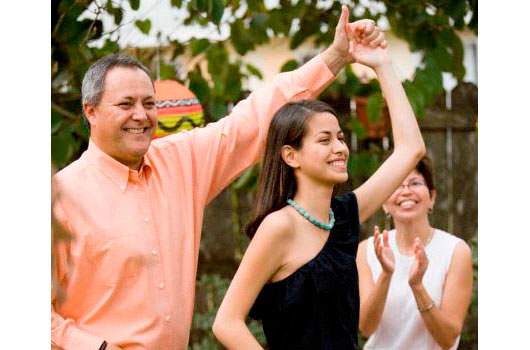
In Proust’s novel, Remembrance of Things Past the narrator is transported back in time with the taste of the soft cookies called Madeleines dipped in tea. For me it is hearing the laughter of adults at a party.
My parents threw great parties. The year would begin with a party on January 6, known as Three King’s Day. We would celebrate the Day of the Epiphany by stuffing ourselves with enchiladas verdes, tamales, Rosca de Reyes and a frothy cup of Mexican hot chocolate at the famous Café de Tacuba in downtown Mexico City. Café de Tacuba was a magnificent 17th century home likely owned by a viceroy, and was the place where artists, politicians and movie stars would gather. When we moved to the United States, they would hold fantastic dinner parties. Being Mexican, we were the exotic birds of our subdued Orange County neighborhood. At the parties, my parents would invite friends from Latin America or Europe. English intermingled with Spanish but was avoided whenever possible. One friend was married to a Brit who did not speak Spanish and he was appointed to constantly go and fetch drinks for the guests. Salsa or boleros would play in the background. Inevitably, after dinner and a lot of drinks, a guitar would be dug up and someone would play the chords to a well-known classic bolero or ballad. Often, my brother and I would fall asleep to the sound of laughter and animated discussions in the living room which would go on until the early morning hours.
ANY EXCUSE FOR A PARTY
My mother’s friend Leticia had a large extended family—a classic Mexican family with a gaggle of sisters, brothers, cousins, aunts, uncles, grandparents all living close by. Her daughter Heidi and I grew up together. Although the family rarely needed an excuse for a party, she would often throw a large one for Heidi’s birthday in March or Leticia’s 40th birthday party. And here, the national distinctions were pretty evident. In one corner Leticia’s Mexican family would shoot the breeze in Spanish and English. The German and Austrian contingent from Heidi’s Austrian father, would hang out in another part of the house speaking their own language, laughing boisterously, drinking beer and wine. Very often, the entire party would merge for an oompa-pa or a some form of singalong. We kids were constantly running around the house, gorging ourselves on rice, beans, carnitas, sausages or whatever food was available.
By the end of the year, it was time for Lala and Jerry’s famous posada. A petite brunette with a beautiful smile, Lala would wind her way among the guests and stuff a sheet of paper into their hands with the lyrics to the Mexican posada song. It needed to be coordinated, with several choruses and back and forth between the “pilgrims” asking for shelter and the inn keepers denying them a place for the baby Jesus to be born. But by then, the guests were bottles deep into their wines or tequila, and so the singing was out of tune, out of sync and hysterically funny. When the “pilgrims” finally got their shelter, it was time for the mariachis and everyone would belt out a ranchera to accompany them. Next was the tamales, pozole and hot chocolate.
BEST. PARTY. EVER.
By far, the best party I have ever been to was my parent’s 1988 New Years Eve party. As the adults danced and sang and drank champagne, my friends and I had our own little party going on in the back of the house. This was where I kissed my first boy and my friend Mariela fell in love with a friend named Ernesto. We giggled and felt grown up and held the boys at bay as the adults partied until 6 am.
But as my parents and their generation got older, the parties faded away. Now it is left up to us.
So it seems fitting that Heidi, began the New Year with a Three Kings Day gathering at her home. Like the Three Wise Men, a Persian, an Arab and a Babylonian, the guests represented a host of regions including Italy, Peru, Argentina, Iran, Mexico, Austria and the United States. Each brought their own traditions to the party.
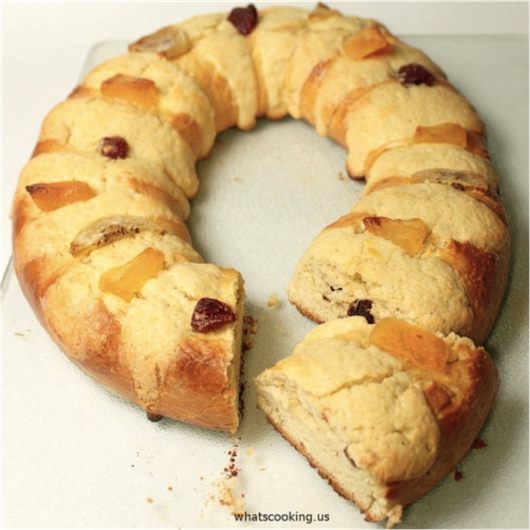 Heidi’s home was brimming with Christmas decorations and laughter. We feasted on enchiladas, tamales and empanadas. A familiar rush entered me when I saw all the generations milling about—the grandparents, the adults, the teens and the children all dressed elegantly. I felt a twinge of embarrassment when I saw that my own children were not as well dressed as they should have been.
Heidi’s home was brimming with Christmas decorations and laughter. We feasted on enchiladas, tamales and empanadas. A familiar rush entered me when I saw all the generations milling about—the grandparents, the adults, the teens and the children all dressed elegantly. I felt a twinge of embarrassment when I saw that my own children were not as well dressed as they should have been.
Tiziana, a wonderful Italian, baked the rosca de reyes (in Mexico, a traditional symbol of the sky and all eternity) and she added her own tradition: lumps of sugar colored black to symbolize coal. It turns out that in Italy, all children receive a lump of sugar coal, delivered by a witch called La Befana, to remind them of the tantrums and smart aleck moments they had throughout the year.
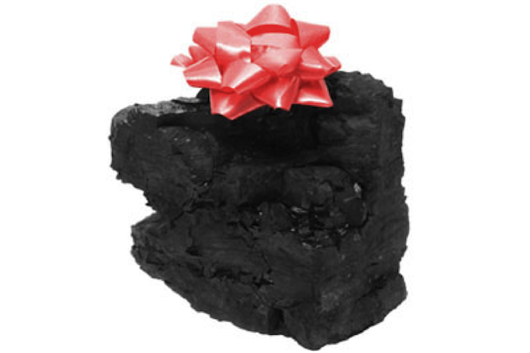 Heidi’s husband is Austrian and so we all watched as their oldest son inscribed the year and the first initials of the Magi (Melchior, Balthazar and Gaspar) with a crayon on the top beam of the front door to augur in the good spirits. And later in the evening, we all sat along a long table and laughed and laughed and laughed.
Heidi’s husband is Austrian and so we all watched as their oldest son inscribed the year and the first initials of the Magi (Melchior, Balthazar and Gaspar) with a crayon on the top beam of the front door to augur in the good spirits. And later in the evening, we all sat along a long table and laughed and laughed and laughed.
True we were not as wild as our parents. But there is still plenty of time. Let the party traditions begin.



